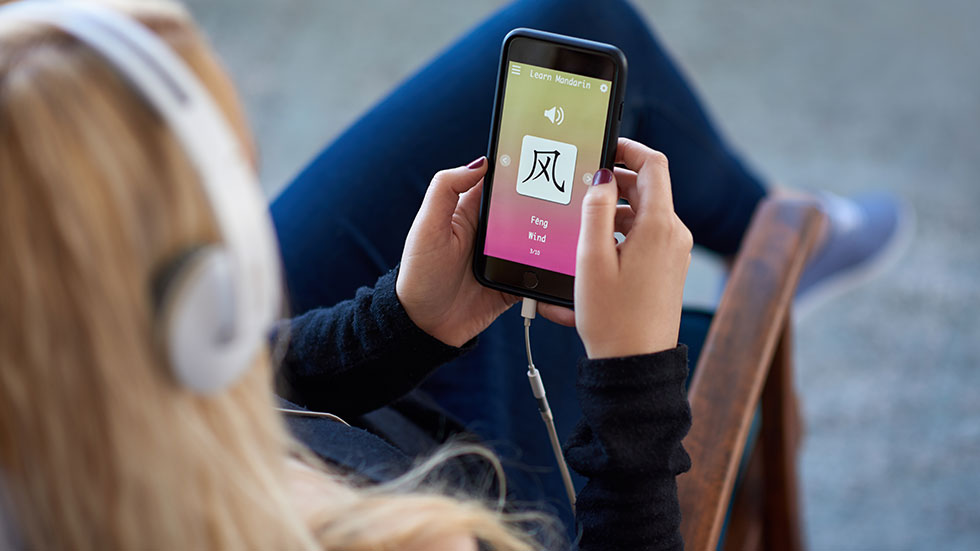Easy Apps for Learning a Language
Apps can be fun—and sometimes free—tools to help you learn a foreign language


It’s often said that Latin, math and music are the universal languages. But what if, say, you needed to tell a taxi driver in Spain that you were due to catch a boat in a hurry—and the only words you could cobble together from your high school Spanish class were, “¡Vamos, rápido!” (roughly translated: Let’s go, fast!)? Had that situation happened to me today rather than many years ago, I would have had an app to help me learn how to...well, talk the talk.
Consumer demand for language-learning apps has surged in recent times, particularly during the pandemic, when people used their downtime to attain new skills. Studies show that many of these apps can be effective in helping you learn the basics of a language in a short time.
So, how do you select the app that speaks to you? Consider the following...ahem, talking points.
- While you’ll find plenty of free apps, they tend to be ad-based. If you’d rather not watch ads, try a subscription-based app; many offer a free trial or complimentary first lessons. The leading free app Duolingo, for example, has an ad-free subscription version, Super Duolingo. Whether using a mobile app or a web app, make sure you have a decent microphone.
- Evaluate your goals. Is it more important to speak or read the language you want to learn? How will you use the language situationally—for travel, business or everyday conversation?
- Assess how you learn best: by listening or reading? Do visuals help you learn? Each app has its own teaching method.
Babbel, for example, provides lessons on 14 languages with personalized learning paths that begin instruction in your native language and focus on language skills for real-life scenarios.

Super Duolingo offers lessons on 40 languages—from Arabic to Zulu—presenting them in small chunks, including teaching memorable quirky sentences. Think: “Tu oso bebe cerveza”—Spanish for Your bear drinks beer.
- Estimate how much time daily you’ll devote to lessons and your desired pace. Many apps offer a pretest so that you can skip skills you’ve already mastered.
Whichever app you choose, key to acquiring language is to practice, practice, practice. So, if you ever need a taxi driver in Spain to get you somewhere pronto, you can say confidently, “¡Llévame al puerto rápidamente, por favor!” (Take me to the port quickly, please!)—along with the universal language of a smile.
